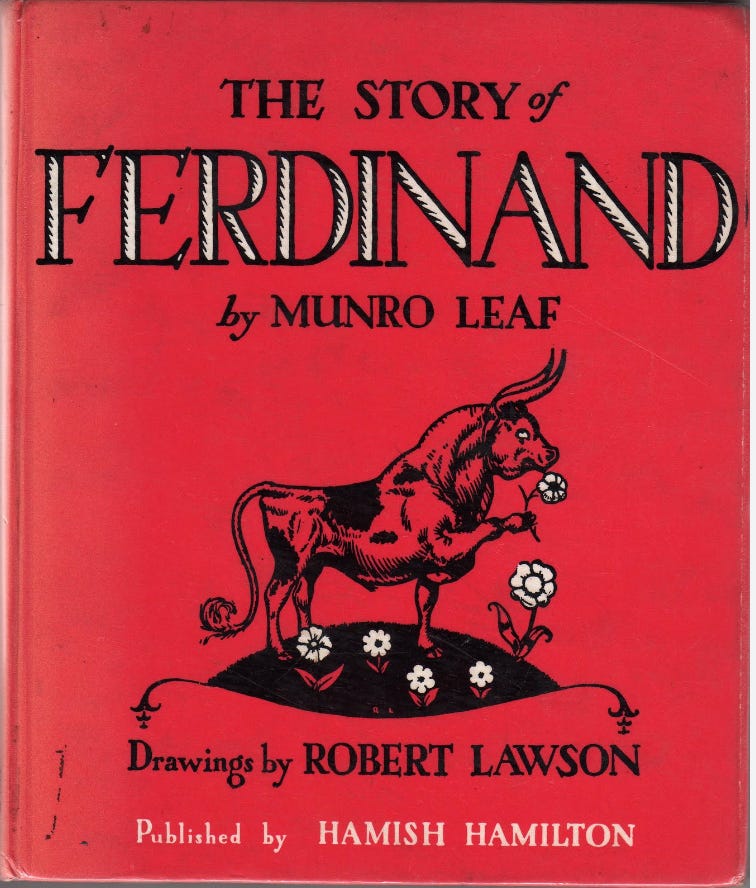American Capitalism and Me
I didn’t want to live in an economy. I wanted to live in a society
I moved 26 times before I was 40. That’s a lot of moving, but it’s what Americans do. The average American moves 11.7 times over a lifetime, according to American Community Survey data. I doubled the average and then some. I was looking for something.
I wasn’t moving internally, though. I was moving out. I studied in the U.K. my junior year of college. I was a waitress in Belize for a while in my early ‘20s. I spent a summer in London. When I was offered the opportunity to spend four months in Hong Kong covering for a colleague, I jumped on it. I lived in Budapest for five years. I left the U.S. whenever and however I could, but I never sat down and thought about why. I just knew that I felt better when I was abroad. I felt more free.
Back home, I did nothing but work. For me, America is work. I think that’s why I’m now afraid to go back. I’ve booked and canceled three trips in four years. If I get off the plane, the machine of American capitalism might somehow get its hooks into me again.
It starts early. All that pressure to perform at school is not really for the sake of the students. It’s for something else. It’s to produce nice little snacks for the U.S. labor market to devour. All those clanging bells and all that standing in line has them ready for the factory.
What about bills, the mortgage?
I tried to go my own way. In college, I majored in English Literature. This wasn’t because I thought it was a pathway to billions untold, but because I loved it. What kind of job could you get with that, people asked. What about bills, the mortgage? Not: What kind of life could you get with that? Not: What about your ideas, passions, your fierce yearnings?
It was no surprise when I got out of school that life was about work. My identity was supposed to be my job. I was supposed to want to be a hard-charging corporate animal. I was supposed to go out there ready to fight to the death every day. But my thought was: Fuck that. I have nothing against work, of course, but there are other areas of life and they also need time and attention. I wanted to become what it was my destiny to become. I wanted to experience things. I wanted to breathe. I wanted to just be. My favorite childhood book was “Ferdinand the Bull.” It’s about a bull who escapes from the bullfighting training camp and spends his days in the meadow, smelling the flowers. That sounded right to me.
But none of that was of the slightest interest to the machine. The day I realized this, my heart broke.
I had to work because of those bills and that mortgage, so I did. But I think something turned off inside. “What do you do?” everyone said to everyone. I worked at a newspaper, at an investment bank, at several consulting firms. Ninety-five percent of it was bullshit, but I kept at it. The titles got increasingly fancy. I brought home lots of money and drove big cars and went to big-box stores to buy very large things, but I never did feel the capitalist joy. I felt empty, locked out of the party. I never felt at home.
My husband was my saving grace. He’s a Swedish guy. If Nora was James Joyce’s “portable Ireland,” my husband was my portable Europe. He knew how to just be, although he is in many ways more American than I am. He loved the energy of the U.S., the people, the sense of possibility, the wheeling and dealing. So did I, actually. I just didn’t want to live there.
We had kids and then we had to work even harder. We worked like dogs, 24/7. After years of this, I was tired. I was tired of the stupid work that I did. I was tired of being meat for the machine. The rewards–big screen TVs! All-inclusive cruises for your two measly weeks off!-- weren’t even something I wanted. I didn’t want any of it.
For this reason and a host of others, we decided to move to Sweden. And the change was overnight. Whatever had been turned off now came back on. Life slowed down and grew sweeter. I was finally living the dream of Ferdinand the Bull, who, now that I think of, was European. I was finally at home.
I’m not saying it’s perfect in Sweden, because it isn’t. But for me, it’s so much better because here life matters more than work. In five years, no one has ever asked me what I do. They don't care and it doesn’t matter.





I loved Ferdinand too. It always resonated with me even as a small child. I am envious that you're able to escape this rat race for a better structured way to be.
I love this one.